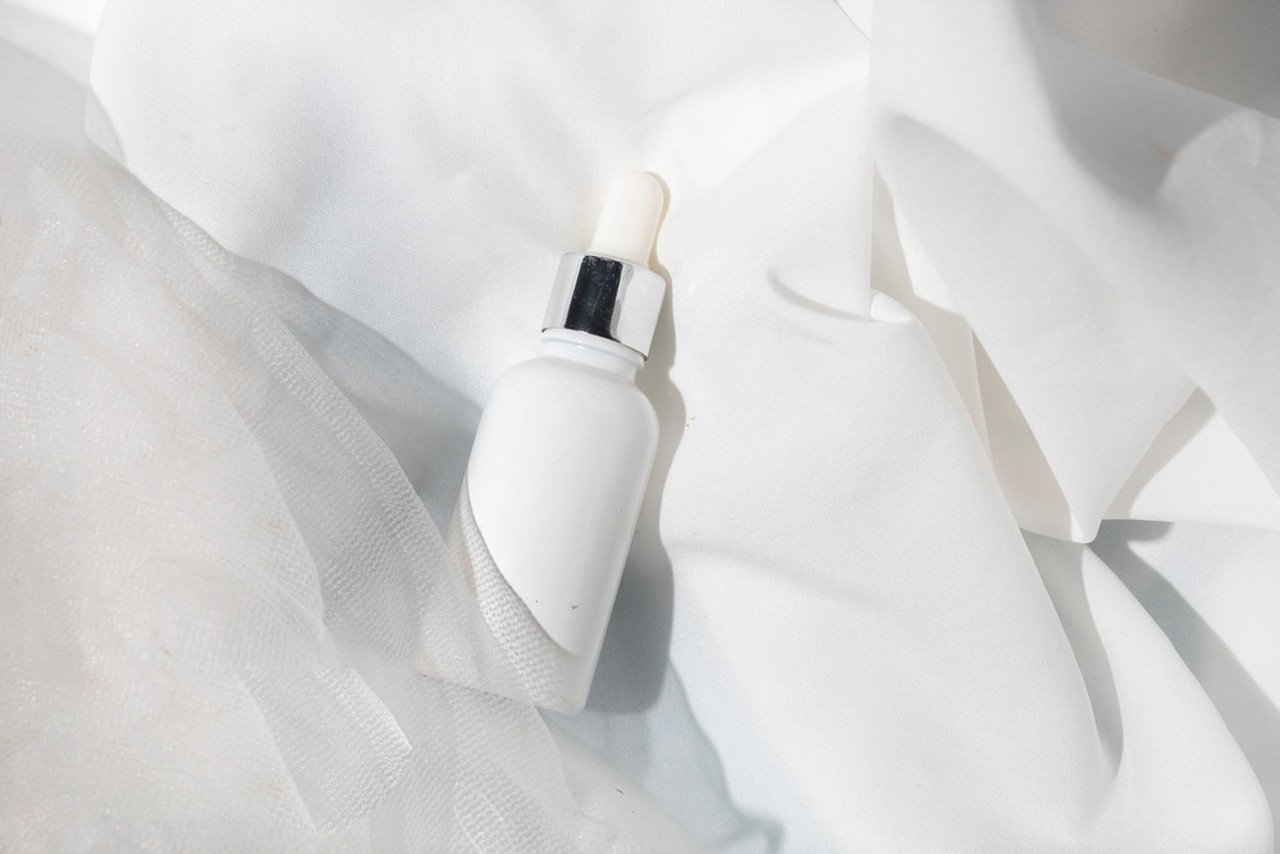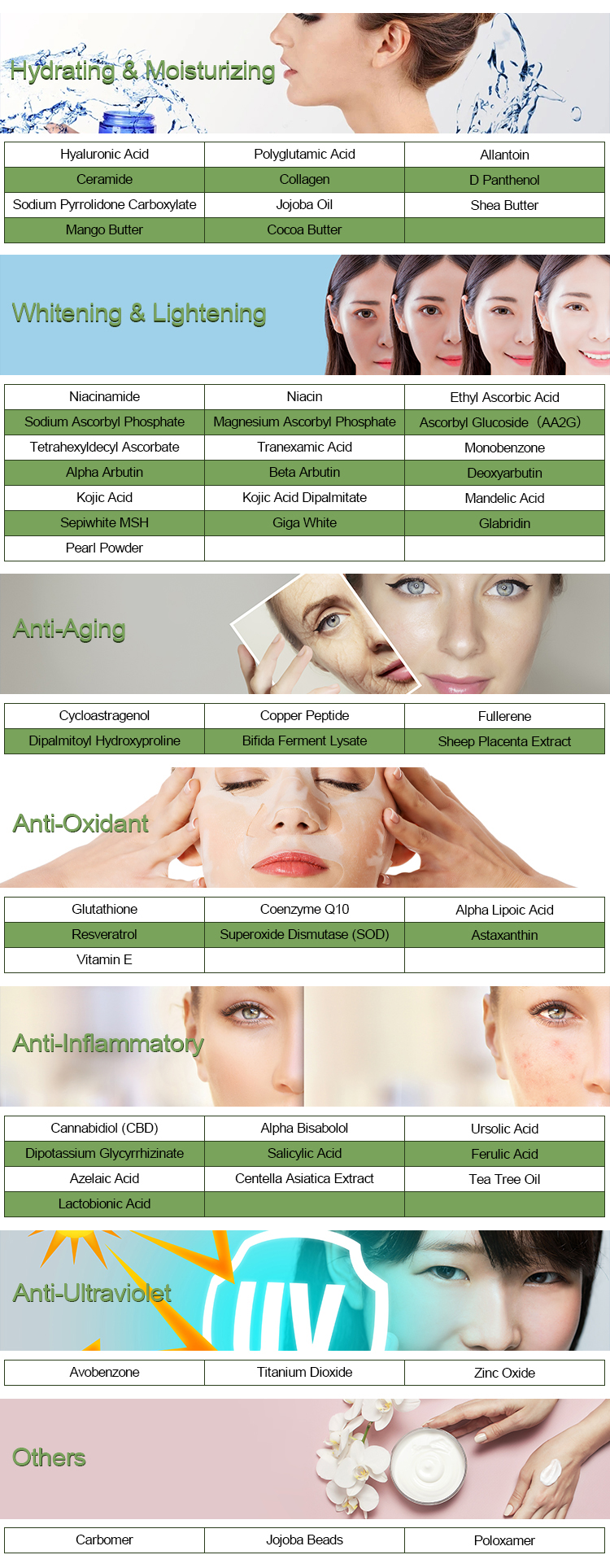Silk fibroin is a protein-based material derived from the silkworm Bombyx mori. It has a wide range of applications due to its unique properties, including its biocompatibility, biodegradability, and versatility. The efficacy and functions of silk fibroin can vary depending on its application, but here are some of its key uses and properties:
1.Biomedical Applications:
Tissue Engineering: Silk fibroin is often used in tissue engineering for its biocompatibility and mechanical properties. It can be used to create scaffolds for the regeneration of various tissues, including bone, cartilage, skin, and blood vessels.
Drug Delivery: Silk fibroin can be used as a carrier for drug delivery. Its controlled-release properties make it suitable for delivering drugs and other bioactive compounds to specific locations in the body.
Wound Dressings: It can be used to create wound dressings and patches due to its ability to promote wound healing and prevent infection.

2.Textile and Apparel:
Silk Fabric: Silk fibroin is the primary structural component of silk threads, making it an ideal material for high-quality textiles and clothing. It is known for its smooth texture, luxurious feel, and ability to regulate temperature.
3.Cosmetic and Skincare Products:
Silk Protein in Cosmetics: Silk fibroin is used in cosmetics and skincare products for its moisturizing and skin-smoothing properties. It can improve the texture and appearance of the skin and hair.
4.Biodegradable Films:
Silk fibroin can be processed into biodegradable films, which have applications in packaging, including food packaging. These films are environmentally friendly and have barrier properties.
5.Optical Materials:
Silk fibroin films and fibers have optical properties that make them suitable for optical and photonics applications, such as waveguides and sensors.
6.Biodegradable Plastics:
Silk fibroin can be used to create biodegradable plastics and composites. These materials are environmentally friendly and have potential applications in various industries.
7.Biodegradable Sutures:
Silk sutures are used in medical applications for their biodegradability and excellent tensile strength. They provide support during wound healing and are gradually absorbed by the body.

8.Coating and Adhesive:
Silk fibroin can be used as a coating material to improve the durability and biocompatibility of various surfaces. It can also serve as an adhesive in specific applications.
The efficacy of silk fibroin depends on the specific application and the properties required. It is valued for its biocompatibility, strength, and versatility, making it a valuable material in both medical and non-medical fields. Researchers are continuously exploring new applications for silk fibroin and developing innovative processing techniques to enhance its functionality.
